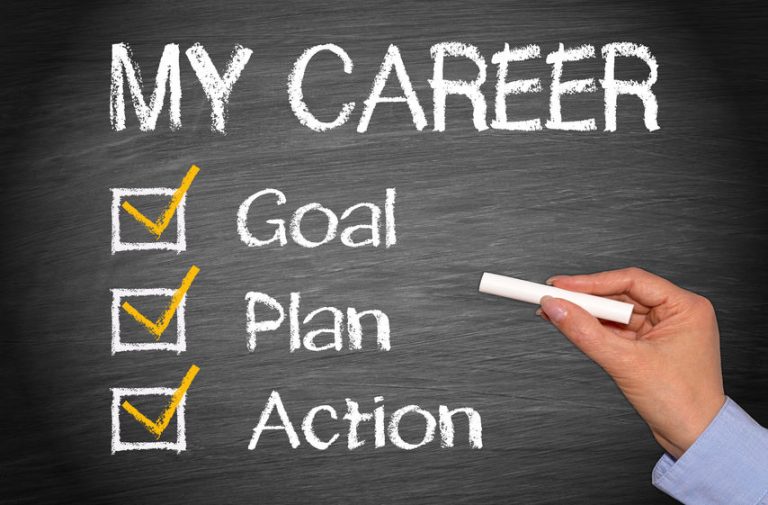Effective networking is about having quality conversations
Networking is the most effective way to land a job. Renowned recruiting expert Lou Adler wrote in a LinkedIn article that 85% of jobs are filled via networking. As a job seeker, this is terrific news.
Networking is a process that you can have a great deal of control over. You have the ability to choose what in-person networking event you attend, who you want to speak with and how often you want to network. Through networking, you can receive instant feedback and adjust your job search as needed. In-person networking is a great way to build relationships and find advocates – people who can push for your hiring with desired companies.
While in-person networking offers tremendous benefits, it is an approach that is often underutilized. The most common reason is that job seekers give in to a basic human fear – that they are not good enough. You might think ‘I am not outspoken enough,’ ‘no one will want to talk to me at these events’ or ‘I am not experienced enough.’ These fears are not uncommon – they all surface regardless of personality type, and they prevent job seekers from networking as often as they should.
If you are ready to network with more power and purpose – pay close attention to our top five networking conversation strategies:
- Set a conversation goal before the event
Before you leave for your networking event set a target for the number of conversations you want to have. You should also decide on three key ways you want to “show up” during these conversations. For example, do you want to show up as relaxed, engaging, curious or with some other characteristic? This will give you concrete positions to strive toward and specific metrics you can use to evaluate yourself after the event.
- Carry your body expansively before and during the event
American social psychologist Amy Cuddy explains in her book Presence that opening your body can give you immediate access to parts of your brain that control the feelings of confidence, calmness and happiness. Practice breathing deeply, sitting up straight, and taking time to pause as you speak – doing these things can help ground you before your event.
In addition, you can practice what Cuddy calls the power pose – where you stand like Wonder Woman or Superman for a couple of minutes to quickly access this inner power. Watch her TedTalk here to learn more about the power pose.
- Have a bulletproof elevator pitch and conversation starters
Arm yourself with a compelling elevator pitch that invites curiosity about the problems you can solve. The more clear you are about what you do and who you help, the easier it is for others to know how they can help you in return. Read our recent blog on the five key steps to crafting a compelling elevator pitch.
Prepare a list of five to six key questions to start conversations each time you connect with someone at the event. Here are some examples of conversation starters:
- What brought you to tonight’s mixer/event?
- How are you enjoying this event so far?
- What a terrific event so far. Have you been here before?
- As we are both here at the [bar, buffet, waiting room] – I’d love to take the opportunity to introduce myself. I am [state your name]. What’s your name?
- Focus on the other person to reduce nervousness and fear
As you participate in the networking event, imagine yourself as the host of a dinner party. As the host, your sole purpose is to make everyone you come across feel comfortable and well listened to. When you find yourself getting nervous or anxious, it may be because you are focusing too much on yourself.
When this happens, shift your focus to the other person by spending about 90 percent of your time listening and about ten percent of your time talking about yourself. This has a counterintuitive approach of immediately building rapport, trust and influence with your networking contacts – all of these need to be built before someone is willing to advocate for you.
- Become a ‘Giver’ at networking events
Giving selflessly to others has the universal effect of bringing more back to you. The more you give to people, their basic human nature is to want to give back to you. This principle can also be used in the context of networking by genuinely looking for ways to help the other person.
In fact, through extensive research, Adam Grant, author of the book Give and Take: Why Helping Others Drives Our Success, found that people who give selflessly in their careers are more successful in the long run than those who only try to find an opportunity for themselves. Giving at a networking event may mean making an introduction to someone else or offering your advice based on the conversations you have had during the event.
Speed up the success of your job search by prioritizing networking in your strategy. Effective networking does not have to be hard, but you must get past the fear of networking first. Prepare yourself for success at these events by setting conversation goals, managing your presence and confidence by taking on an expansive physiology, and focusing on and genuinely wanting to help each person you meet.




